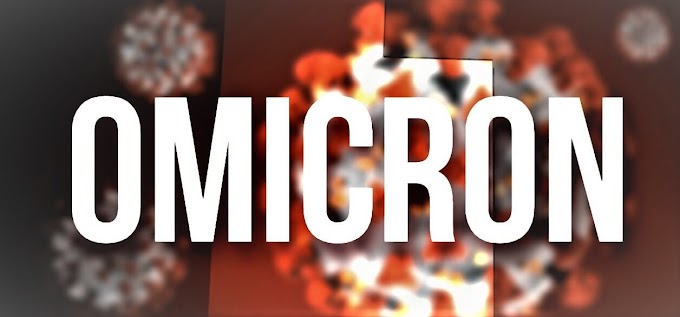Researchers at the University of Queensland have uncovered an exercise "sweet spot" that reverses cognitive impairment in aged mice, opening the path for human investigations.
The researchers discovered that 35 days of voluntary physical activity boosted learning and memory after more than a decade of study conducted by Queensland Brain Institute (QBI) Emeritus Professor Perry Bartlett and Dr. Dan Blackmore.
"We assessed the cognitive abilities of aged mice after set intervals of exercise and discovered an ideal period, or'sweet spot,' that dramatically increased their spatial learning," Dr. Blackmore explained.
The researchers also observed that physical activity increased learning.
“We found that growth hormone (GH) levels peaked during this time, and we’ve been able to demonstrate that artificially raising GH in sedentary mice also was also effective in improving their cognitive skills,” Dr. Blackmore said
"We observed that GH increases the development of new neurons in the hippocampus, a brain area key to learning and memory."
"This is a significant finding for the thousands of Australians who are diagnosed with dementia each year."
Dementia is Australia's second biggest cause of mortality, and if no medical breakthroughs are made, the number of people living with dementia is predicted to rise to nearly 1.1 million by 2058.
According to Professor Bartlett, the findings give more evidence that cognitive decline in old age is directly tied to a decrease in the generation of new neurons.
Using Magnetic Resonance Imaging, the team was able to investigate how the development of new neurons altered the circuitry in the brain (MRI).
"We were able to analyze the brain after exercise using MRI, and for the first time identify the key changes in the structure and functional circuits of the hippocampus necessary for increased spatial learning," Dr. Blackmore explained.




0 Comments